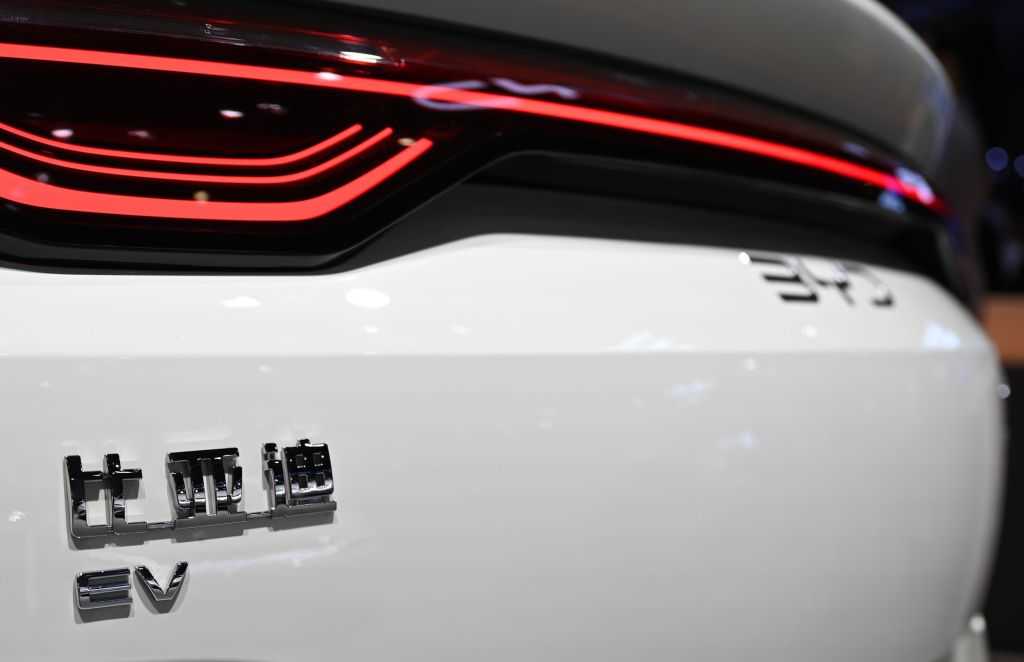The recently restrained demand for BEVs (Battery Electric Vehicles) in Germany and Europe has noticeably picked up again. This is shown by the „Electric Vehicle Sales Review“ from PwC Autofacts and Strategy&, PwC’s global strategy consultancy, which evaluates new registration figures in 40 selected markets worldwide. In the five largest European car markets (Germany, France, Italy, Spain, United Kingdom), BEV sales increased by 25% in the first half of 2025 compared to the same period of the previous year. Together with the rest of the European countries, this allowed the million mark for newly registered BEVs to be exceeded for the first time in a first half of the year. In Germany, BEV sales climbed by 35% in the first half of the year, while plug-in hybrids (PHEVs) increased by 55%. With this jump, Germany reclaims the title as the largest BEV market from the United Kingdom. Combustion engines recorded poor sales for the sixth consecutive quarter in Europe’s five largest markets. They fell by 24% in the first half of 2025, thus dragging the overall market down by 1.3%.
Despite the European electric renaissance, China remains by far the most important global e-car market and is expanding its dominance. While PHEV sales saw a setback, growing only 6.4% in Q2, BEV sales increased by 42%. Thus, for the first time in a second quarter, China surpassed 2 million BEVs – almost three times as many as in the top five European markets in the entire first half of the year.
Germans barely benefit from China’s dynamics
German carmakers are barely benefiting from this enormous dynamism. In the first half of the year, they sold 32% fewer BEVs in China than in the same period in 2024. At the same time, they significantly increased in Europe, achieving a BEV gain of 45% in the EU4 markets (Germany, France, Italy, Spain). In the EU4 markets, 41% of all BEVs in Europe are sold. As a result of the increase, 37% of these in the first half of the year came from German OEMs — 6 percentage points more than in the same period last year.
„Despite good sales figures for electric cars in Europe, it is unclear for German car manufacturers what the transformation actually looks like – are they betting entirely on one technology or continuing to operate on two parallel paths with internal combustion engines and electric cars, with the associated costs and innovation expectations?“ explains Felix Kuhnert, Partner and Automotive Leader at PwC Germany.
Emissions-free driving is demanded by politics and society and will remain so in the long term, Kuhnert believes. The capital market, on the other hand, now expects profitable business models after the initial investments in electromobility.
„If manufacturers put everything on this card, dependence on Asia for some parts of the supply chain can become a risk. The European automotive industry is called upon to quickly define where the value creation and innovations of the future lie and to align their path accordingly. Only in this way can the scarce liquid resources of companies be used as effectively as possible to preserve European industrial structures,“ advises Kuhnert.
